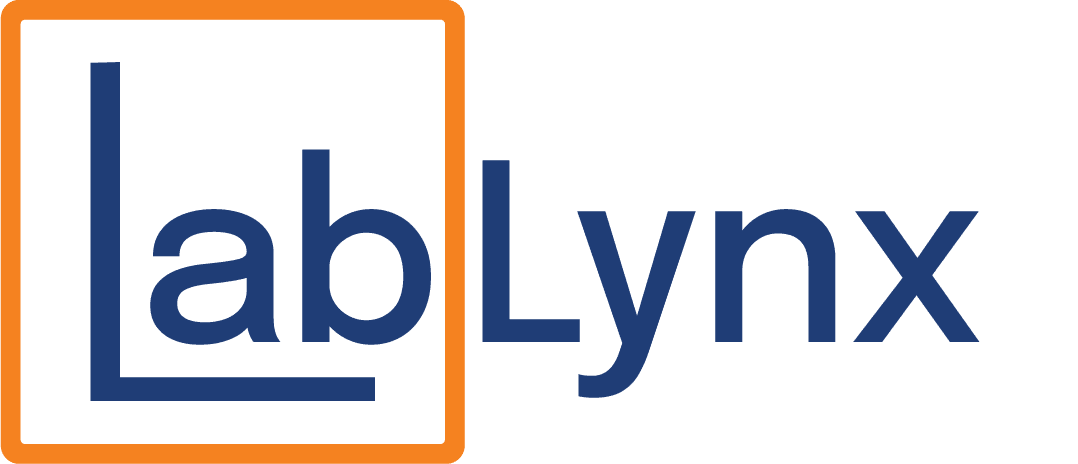This content has been archived. It may no longer be relevant
Georgians’ six-year wait for medical cannabis oils is almost over. State regulators are in the process of licensing cannabis oil producers and will start seeking applications for dispensary licenses later this year. Left unanswered is when —and how — testing laboratories can play a role in Georgia’s medical cannabis oil industry. Those answers will arrive in time, but only laboratories with the agile, flexible infrastructure to cope with this constantly evolving market as well as the quality data management capabilities to meet strict regulatory controls will be able to seize this opportunity.
Georgia’s Slow Roll to Medical Cannabis


Although Georgia has legalized medical cannabis, it is still among the most restrictive states. The only form of medical cannabis that certain Georgians may possess is cannabis oil with delta-9 tetrahydrocannabinol (THC) concentrations no greater than 5%. Other forms of cannabis, including tinctures, topicals, sublinguals, edibles and inhalables, are still illegal.
This limited legalization happened six years ago when Georgia’s General Assembly passed the Haleigh’s Hope Act in 2015. Patients with one or more conditions specified by the law can, with the help of a doctor, get a Low THC Oil Registry Card from the Georgia Department of Health. With this card, patients can possess up to 20 fluid ounces of low-THC cannabis oil. Nearly 14,000 Georgians have received their registry card to date.
But there was a catch. The 2015 Haleigh’s Hope Act only addresses the patient side of the equation. Producing, transporting, and selling low-THC cannabis oil remained illegal. State legislators took another four years to close this gap with House Bill 324. Passed in early 2019, the legislation established the Georgia Access to Medical Cannabis Commission (GMCC) and gave it regulatory authority over cannabis oil producers, dispensaries, and testing laboratories.


The first GMCC members did not take office until the end of 2019 and they spent most of 2020 getting their operations in place and holding public hearings about how to issue cannabis oil production licenses. In late 2020, the GMCC began accepting applications from companies seeking a low-THC cannabis oil production license.
State law established two classes of production licenses. Both licenses allow producers to grow cannabis indoors strictly for use in low-THC cannabis oil production. The licenses also let producers process their crops into low-THC cannabis oil. The differences in classes is that Class 1 licenses limit the indoor growing area to 100,000 square feet whereas Class 2 licenses limit growing areas to 50,000 square feet.
70 companies submitted applications by the end of the application period in February. The GMCC expects to award two Class 1 licenses and four Class 2 licenses in the April timeframe.
Many Unanswered Questions


The companies that applied to become low-THC cannabis oil producers did so without fully understanding what they were signing up for. Rather than developing a holistic plan for the state’s medicinal cannabis industry, the GMCC is developing its rules and requirements piecemeal. Licensing producers is the first step. Dispensaries will be next. Later in the year, the GMCC will select a seed-to-sale tracking provider.
Laboratory Testing


Testing is another open question. House Bill 324 requires producers to contract with independent testing laboratories approved by the GMCC. In addition to potency testing, these laboratories must test samples of cannabis oil for “foreign matter, microbial presence, pesticides, heavy metals, and residual solvents.” However, the GMCC has yet to determine testing requirements and will not approve testing laboratories until later in 2021.
There is also another unknown that the GMCC cannot address. Georgia’s cannabis laws only allow possession of no greater than 20 fluid ounces of low-THC cannabis oil and that only applies to patients with registry cards. Producers, laboratories, and dispensaries cannot legally possess or transport any quantity of cannabis oil. The GMCC has asked the General Assembly to address this disconnect in its 2021 session so the industry can function. Labs need to monitor the process closely as things unfold — not least of which the exact process for applying and what the criteria will be for approval. Keep checking in with us as we will continually monitor and update as changes are made.
Looking to Georgia’s Hemp Regulations


Fortunately, Georgia’s aspiring cannabis oil testing labs are not completely in the dark. The state already has a regulated hemp industry that may serve as a template for future cannabis oil regulations. The Georgia Hemp Program sets the rules for companies growing and processing cannabis with THC concentrations of no more than 0.3%. Under the Georgia Hemp Rules, laboratories that support hemp growers must follow several rules including:
- Register with the US Drug Enforcement Agency to handle controlled substances.
- Follow quality assurance practices that ensure testing validity and reliability.
- Use validated and verified methods appropriate for hemp testing.
- Demonstrate consistent, accurate analytical performance.
- Ensure that testing methods are sensitive enough to meet detectability requirements.
- Use post-decarboxylation or similarly reliable, approved methods.
Although hemp crops are not subject to the rigorous track-and-trace requirements Georgia’s cannabis oil industry will follow, processes are in place to allow growers, laboratories, and processors to transport hemp within the state.
As the GMCC works its way through the development process, it will clarify many of the unanswered questions for the industry and for Georgians hoping to receive appropriate treatments. When announcing the end of the application period, the commission’s executive director Andrew Turnage promised,
“Patients can look forward to late spring and early summer as a very exciting time for announcements [about access to low-THC oil] from the Commission.”
CannaQA Makes Canna Test Labs More Agile


Given the uncertainties Georgia’s emerging cannabis industry faces, testing laboratories can perhaps be forgiven for adopting a wait-and-see approach. A lesson learned by cannabis testing laboratories across the country is that uncertainty is the only thing you can count on. Unless, and until, a national cannabis regulation regime is in place, labs will need to react to changing regulatory and market demands. Cannabis testing labs that succeed are the ones with the flexibility and agility to respond quickly when things change while maintaining reliable, accurate, and fast testing services that meet strict regulatory demands.
LabLynx, Inc. created the CannaQA Laboratory Information Management System (LIMS) to give testing laboratories the agility they need. CannaQA LIMS automates your lab’s data processes and consolidates your testing data into a central, secure web-hosted database.
CannaQA adapts to the way your lab works. You will not need to spend resources on IT development when the GMCC determines the test methods and reporting requirements for low-THC cannabis oil testing in Georgia. All CannaQA’s methods, workflows and reports are easily user configurable.
CannaQA Ensures Canna Test Labs Meet Regulations/Standards


Compliance also becomes easier with CannaQA. The system can automatically generate reports of test results for clients and regulators and distribute the reports through email, web portals and other means. CannaQA enables complete sample tracking/COC and is compatible with all the major seed-to-sale tracking systems. So, your lab will be ready the minute the GMCC chooses a provider.
Although Georgia retains strict control over cannabis, public attitudes across the nation are trending towards greater liberalization. This trend will apply to Georgia as its cannabis industry proves it can responsibly produce, test, distribute and sell low-THC cannabis oil. Implementing CannaQA will let your testing laboratory grow with the state’s cannabis industry. And since CannaQA is based on LabLynx’s industry agnostic ELab LIMS, the system will support any other testing services you may offer.
For more information about how CannaQA LIMS will let you get in on the ground floor of Georgia’s cannabis industry, visit cannaqa.com or contact LabLynx at [email protected] or 866-LABLYNX (522-5969).
References:
- “Georgia governor signs medical marijuana law” – CNN.
- “Low THC Registry Page” – Georgia Department of Public Health.
- “Georgia Hope Act signed into law by Governor Kemp” – WXIA-TV.
- “House Bill 324” – Georgia General Assembly.
- “Georgia now officially seeking cannabis growers” – Saporta Report.
- “Dozens of companies apply for six Georgia medical marijuana licenses” – Atlanta Journal-Constitution.
- “2021 Annual Report” – Georgia Access to Medical Cannabis Commission.
- “Class 1 Class 2 RFP Applicants Release” – Georgia Access to Medical Cannabis Commission.
- “Georgia Hemp Program” – Georgia Department of Agriculture.
- “Georgia Hemp Rules” – Georgia Department of Agriculture.



